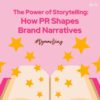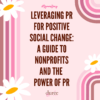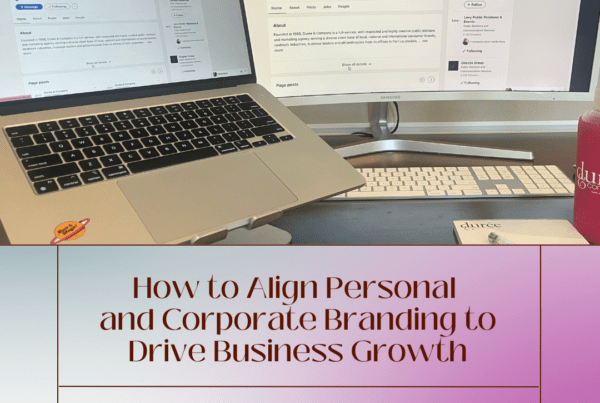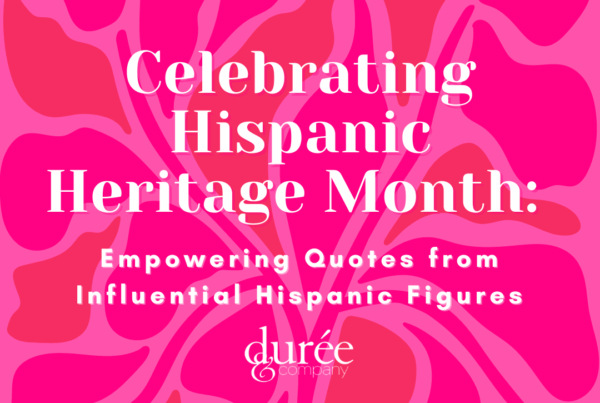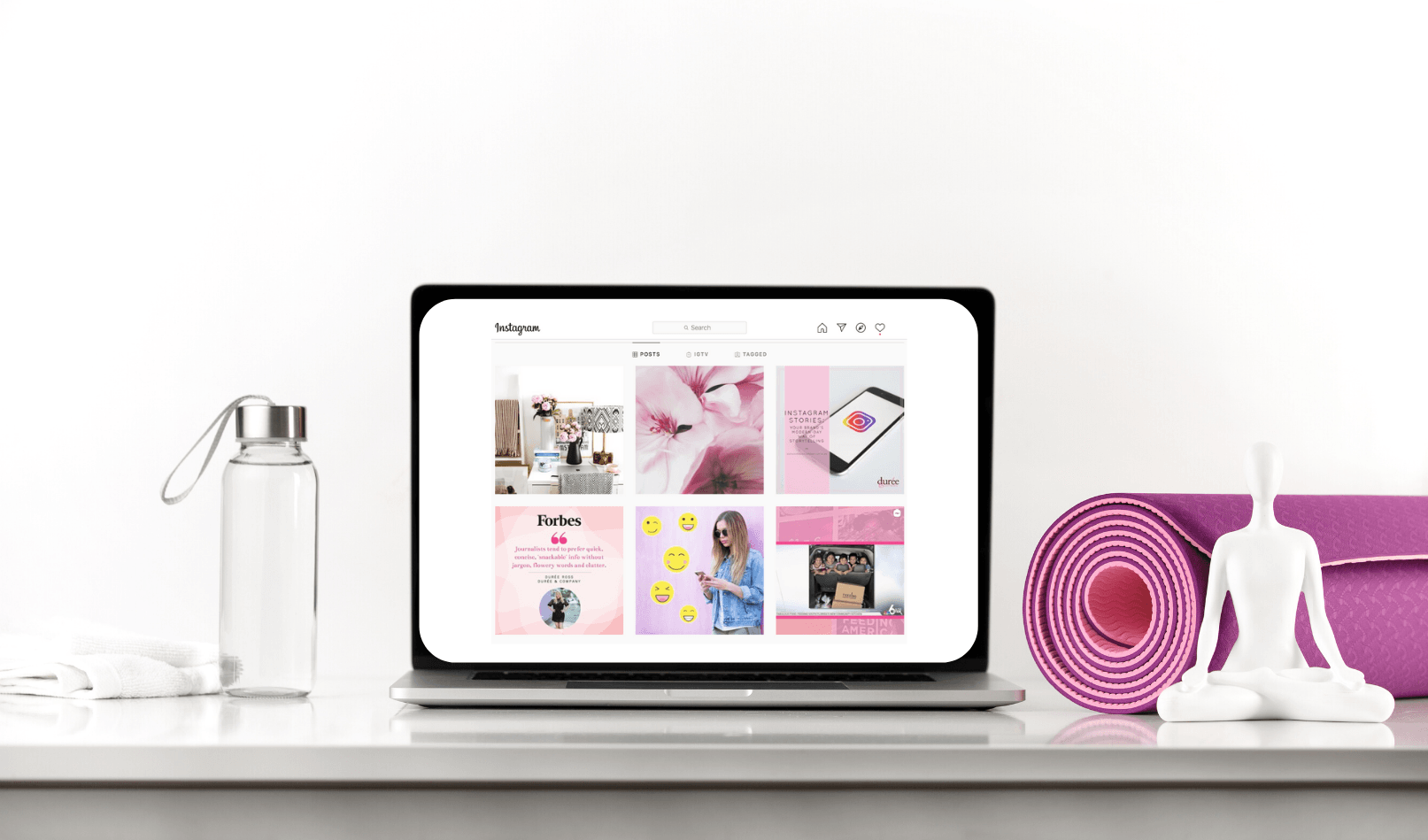
In a world where we rely on technology to stay connected, sometimes the pressure of social media can take a toll on our everyday lives – feeling more like a chore than a luxury. Nearly 60 percent of the world’s population is already online, and trend patterns earlier this year suggested that more than half of the world’s total population would be using social media by this summer, according to the January 2020 Global Web Index.
People primarily use social media to check up on loved ones, friends, or neighbors. While this is important, it’s also important to check in with yourself. What level of importance does using social media hold for you? What is the average length of time you spend per day scrolling through posts? Asking these questions can help get to the root of how using social media contributes to your overall emotional and physical wellbeing.
Regardless of whether you ‘Like’ it or not, social media is here to stay. So today, we are diving into social media and mental health – the good, the bad, and the ugly.
1. Mindfulness
When people think of practicing mindfulness, they often associate it with yoga or meditation. However, mindfulness is not only limited to these activities. It also is an effective way to reflect on social media usage.
- Ask yourself: What does social media mean to you? For the majority of people, it’s a way to feel connected to friends – near and far. For others, it’s an escape from everyday problems. It’s vital to remember that social media isn’t an accurate depiction of reality. It should be used in a way that does not add or contribute to overall anxiety or stress.
- Once you’ve established that, consider that face-to-face contact should still be your No.1 choice. Social media may feel easier, but face-to-face interaction is a much more effective form of communication. People can fully engage in a conversation when face to face and can pick up on nonverbal cues that could easily be hidden behind a phone screen.
2. Time Management & Disconnecting
Put the phone down! Easier said than done, right? But it’s necessary for your mental health. It’s not enough to just monitor your time. You must also make sure to designate time in your day to unwind from the world of social media altogether.
- Learn to monitor your time. It’s easy to get sidetracked while taking a break to go on social media. Try setting an alarm with a designated amount of time to scroll – and when the alarm goes off, you’ll know to get back to work or other tasks! The majority of people do not realize how much time they spend scrolling, liking or commenting on social media. After all, 30 minutes on social media can feel like 3 minutes in real time. Monitor your screen time by turning on the screen time feature in the phone settings. Other useful apps to monitor social media usage include Moment, Forest, AppDetox and Offtime, according to Eco Warrior Princess.
- What is digital detox, and why is it important? A digital detox is like a food detox – it’s a time to get rid of the negativity inside and out! According to Psychology Today, “Many people are using social media and digital devices to fill a social vacuum. A successful digital detox will create free time for alternative activities, which may better fill this vacuum. Individuals can create an action plan in this regard, which may include rekindling old interests, pursuing new hobbies, or volunteering.”
3. The Breakdown of FOMO
FOMO stands for “Fear of Missing Out,” and it’s associated with missing out on a group experience – whether it’s a gathering or the latest gossip or trend. Most people don’t like the feeling of being one step behind everyone else.
- FOMO can drive people to the edge if taken personally. “Rather than spinning with thoughts that someone else has it better, acknowledge ‘I’m aware that my brain is doing the FOMO-thing’ and gently refocus… Don’t follow it down the rabbit hole — that’s where increased suffering lives,” says Dr. Eric Goodman, Ph.D., in Body+Soul. It’s important to acknowledge how you’re feeling and release it through positive action.
- So, what’s the big deal about FOMO? Well, according to Help Guide, “The idea that you’re missing out on certain things can impact your self-esteem, trigger anxiety, and fuel even greater social media use.”
4. The Upside of Social Media
After all this, we must point out that there is also a bright side to social media! In some ways, it helps make us feel closer together. If you manage your time and make sure to disconnect once in a while, you will be better equipped to reap the benefits of social media.
- Provides online communities. Online groups, pages and communities are formed on social media every day. According to HelpGuide, social media can help you “find new friends and communities; [and] network with other people who share similar interests or ambitions.” It’s a great way to meet like-minded people!
- Generates positive outcomes when it’s part of a routine use. Harvard Public Health distinguishes “routine use” as “using social media as part of everyday routine and responding to content that others share,” as opposed to having an “emotional connection to social media – for example, checking apps excessively out of fear of missing out, being disappointed about or feeling disconnected from friends when not logged into social media.” Routine use is positively associated with three health outcomes, the article says, including social well-being, positive mental health, and self-rated health.
So, the D&Co Dynamos have revealed the ups and downs of social media – now what? Before checking in on Facebook, check in with yourself. Then learn to manage your time and to disconnect every once in a while. Social media has become a vital part of our everyday lives. With this comes a greater responsibility for maintaining your mental health!
About Durée & Company, Inc.
Durée & Company, Inc. is an award-winning, full-service public relations, marketing and special events firm founded in 1999. The firm has offices in Fort Lauderdale, Florida, and Aspen, Colorado. Durée & Company serves the corporate, agency and nonprofit arenas for local, national and international clients. Services include public relations, social media, marketing, digital marketing, content development, advertising, special events, branding, radio promotions, affiliate marketing and more. Durée & Company clients include well-known names in yachting, business, real estate, hospitality, travel, cannabis and hemp, wellness and CBD, art and culture, fashion, nonprofit organizations, legal and professional services. Durée & Company is a member of PR Boutiques International™ (PRBI), an international network of boutique PR firms. To learn more, call 954-723-9350; go to dureeandcompany.com; or visit its new, specialized cannabis- and CBD-specific site at cannabismarketingpr.com. Join the social conversation and follow Durée & Company on Facebook, Instagram, Twitter and LinkedIn at @DureeCoPR, or on YouTube at @DureeAndCompany.


